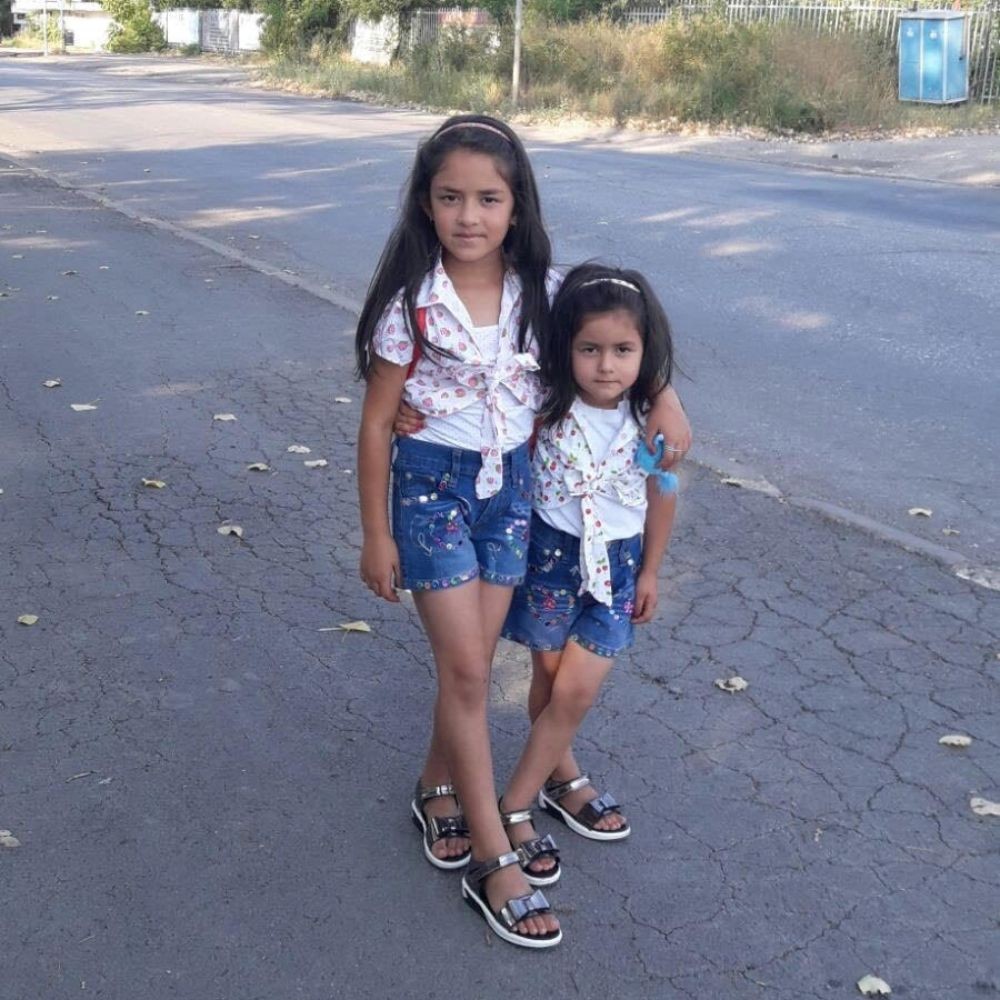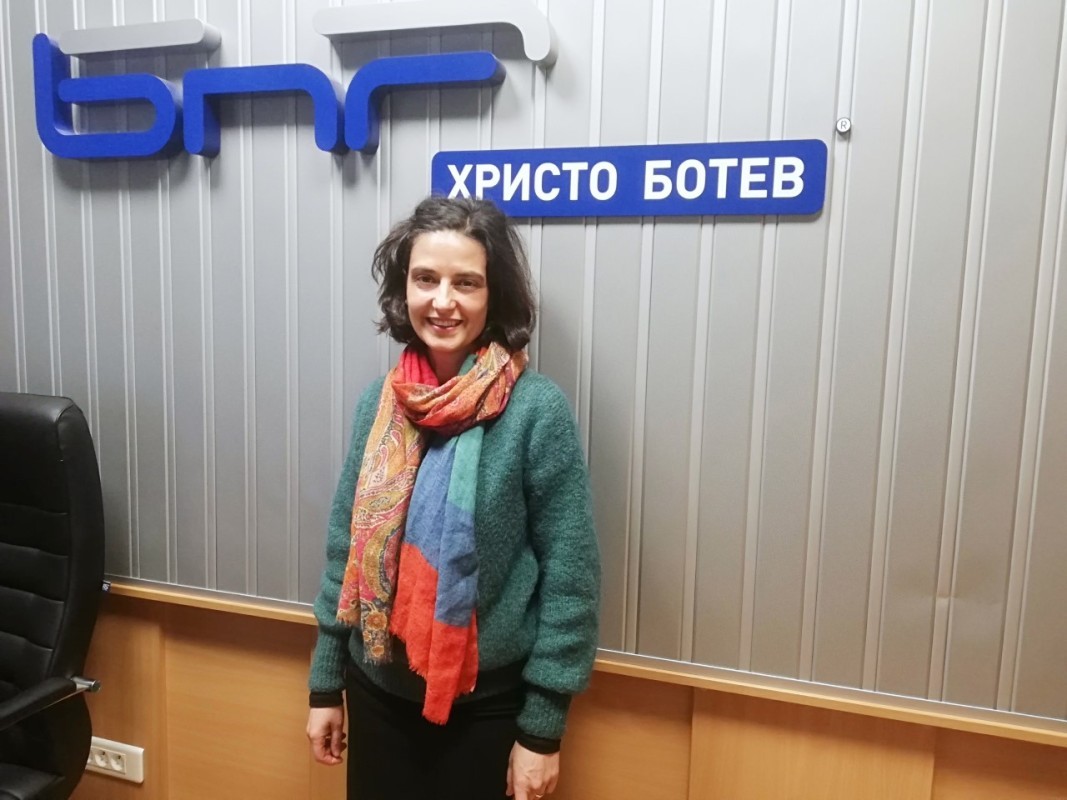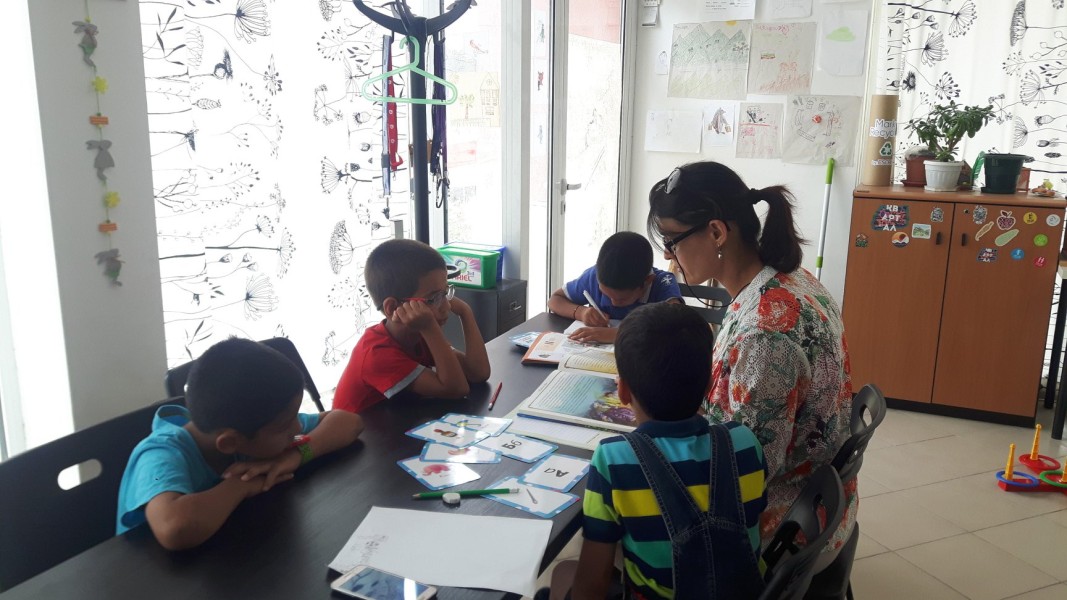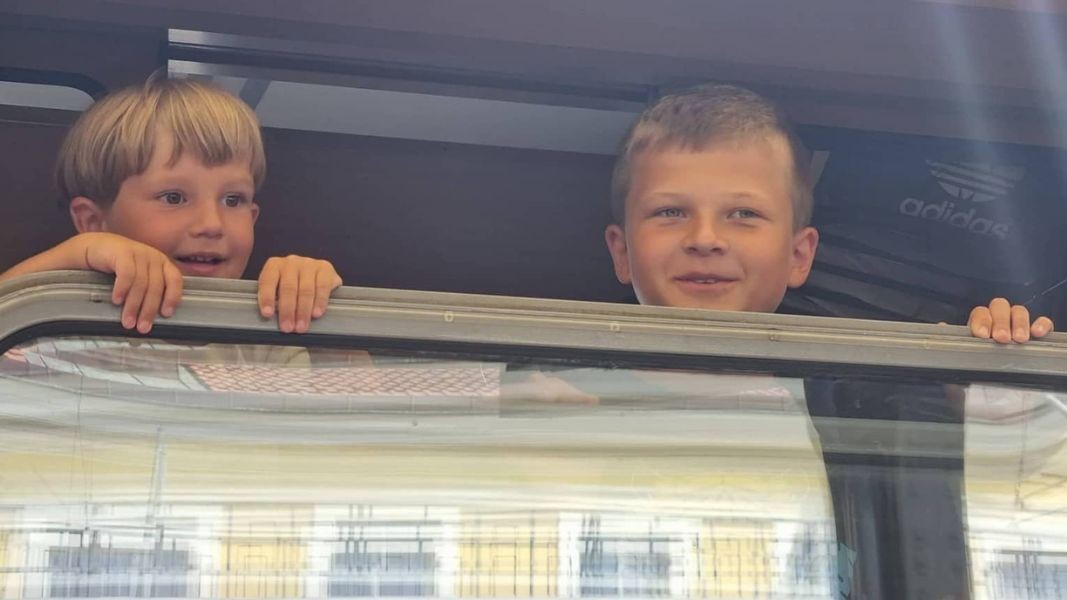Fleeing war, violence and poverty, unaccompanied children often join migrant caravans and cross borders in search of a happier destiny in someone's distant land. If luck is with them, they are successfully integrated and given a future in a supportive environment. However, many encounter another evil, becoming victims of traffickers.
"With the outbreak of the war in Ukraine, the situation in Bulgaria has changed a lot, since until then we mainly accepted children from countries in the Middle East and Afghanistan," says Kristina Gologanova, a social worker and manager of the Reachout foundation. According to data from the United Nations High Commissioner for Refugees and ofUNICEF, last year nearly 52,500 Ukrainian children have sought protection in Bulgaria, along with another 5,000 from other countries. The most dramatic is the situation of children who arrive all alone - without a parent, guardian or custodian.

"The care for refugee children is not the same”,continues Kristina Gologanova. “Unfortunately, we still do not have a working procedure in place and everything happens via a "piecemeal" approach, while in the EU countries, which also face difficulties, there is a clear system for receiving refugee children and they are given the same care as for the children in the countries themselves.”
The social worker gives an example of Spain, where the so-called unaccompanied children are accommodated in family-type housing together with local children left without parental care. "In Bulgaria, we have chosen a different approach and these children fall mainly into two "safe zones" at the reception centres for refugees in the capital's Ovcha Kupel and Voenna Rampa districts from where they... disappear," adds Kristina Gologanova. According to her, since the outbreak of the civil war in Syria in 2011, thousands of children have been lost with the help of human traffickers because the state did not immediately establish contact with them and provide them with a safe environment.

"They disappear because we don't have the capacity to take care of them”, says lawyer Diana Radoslavova, founder of the "Voice in Bulgaria" legal aid centre. “The Child Protection Act provides for a procedure for the care of an unaccompanied child, we also have a system for accommodating children without parents. But whether it all works or not is another abyss.”
According to the lawyer, the first two weeks in which the children enter the sheltered centres are very important. In fact, taking care of them should start from the first moment.

"Gathered in one place, they become easy prey for channelers, traffickers, and they just need to be encouraged to go," she adds. "The biggest challenge for a child is to resist and not go with this flow."
"Thus, in lines of people with backpacks, these children leave the camps and say 'goodbye', because they will never return. These are convoys with children that we let go, turning a blind eye to them," says the lawyer. Radoslavova.

Salvation can come from providing a safe environment, entering a suitable school and a number of other steps that a boy who was placed years ago in the Family Accommodation Centre in Pazardzhik, and today holds a key position in a large furniture company in the city, managed to take. But in order for this case not to remain a happy exception, first of all, we need a comprehensive policy towards migration, Diana Radoslavova states firmly:
"For us, migration is still a threat and we refuse to manage it. The main way we respond is through forceful measures to protect the border and turning a blind eye to letting huge masses of people pass through our territory on their way to Western Europe. In the largest refugee camp in Harmanli, near the Turkish border, the number of asylum seekers is greater than in Sofia, but there is not even a protected area for children. We are talking about 3,200 people each in 2021 and 2022 - half of them are not 16-17-year-old boys, and there is no doubt about them that they are children. Also, the number of girls is increasing.”

A few months ago, a working group was established in Bulgaria to develop a national coordination mechanism for working with unaccompanied minors. The lawyer says she would not venture to predict whether there will be a result of her activity. But she appeals to all citizens to rethink their attitude towards the children we meet at bus stops, in the subway, in the shopping mall.
"We see them as a threat, unfortunately”, she admits. “However, we should not stigmatize them, because a migrant is not a criminal. Migration is an extremely positive driving force for humanity - it is not only refugee migration, it is labour migration, it is about the search for a better life. And Bulgaria needs human resources and this is one of the ways to supply them. We can profit from these children who stay here being integrated in the right way, not keeping them isolated."

Written by Diana Tsankova (based on interviews of Mira Hristova, BNR's Hristo Botev channel)
Photos: Reachout.bg, BNR's Hristo Botev channel, Centre for family-type accommodation in Pazardzhik, Voice in Bulgaria legal aid centre, BGNES
The residents of Pleven (Central North Bulgaria) will bid farewell to 2024 with a Christmas Town and meetings with Santa Claus. This year's festive program of the local municipality will start on December 2 with the Christmas tree lighting ceremony at..
An innovation for the treatment of diabetic foot ulcer using the patient's own tissue and artificial intelligence has been implemented at the University Multi-profile Hospital for Active Treatment-Burgas. Bulgaria is the fourth European country to start..
Over 3.5 million Ukrainians have arrived in or passed through Bulgaria since the beginning of the war. Nearly 200,000 people have found temporary shelter in the country, announced Anna Tertychna from the Ukrainian Embassy in Bulgaria. She..
At the Bulgarian Embassy in London, Prof. Bettany Hughes presented excerpts from the new BBC series - Wonders of Bulgaria. Prof. Bettany..
Over 3.5 million Ukrainians have arrived in or passed through Bulgaria since the beginning of the war. Nearly 200,000 people have found temporary..
An innovation for the treatment of diabetic foot ulcer using the patient's own tissue and artificial intelligence has been implemented at the University..

+359 2 9336 661
